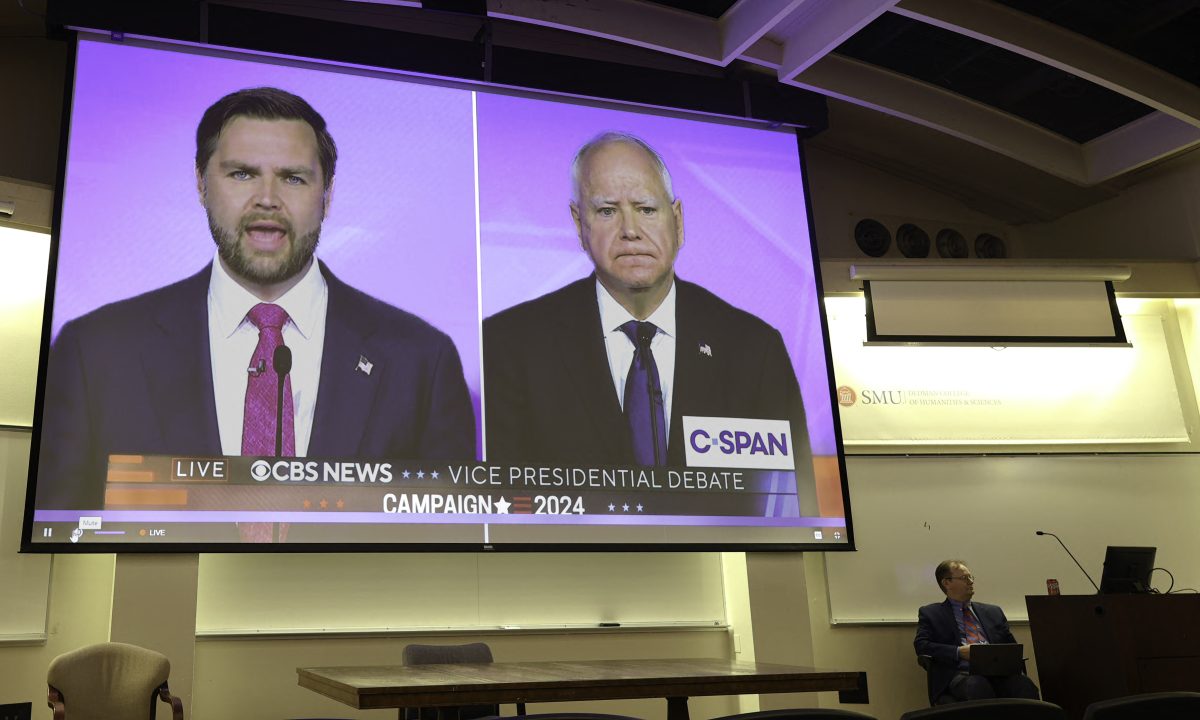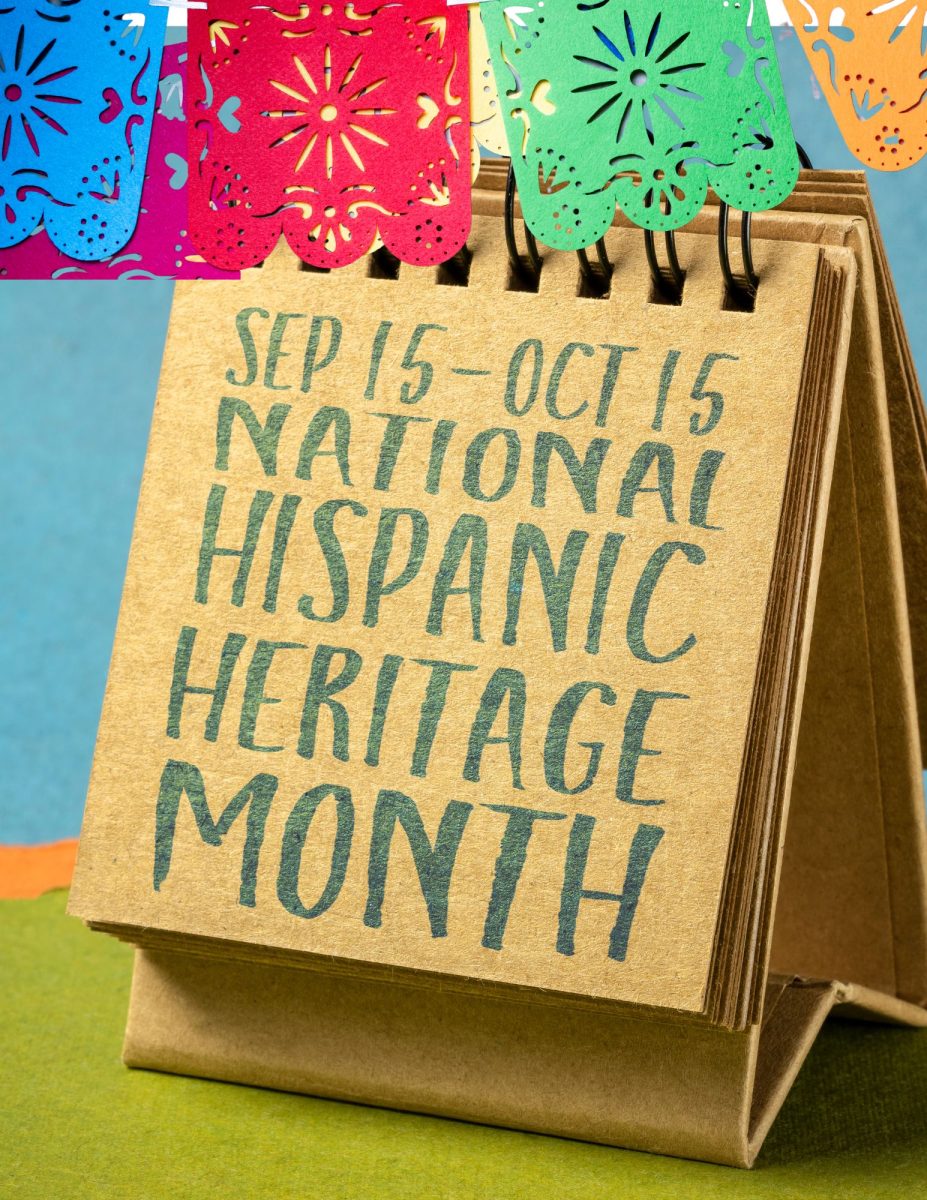There is a place, folded into the cracks of Harlem, New York that wants to send a message. It’s helping children keep a future when most graduate into a lifestyle of gangs and drugs, and freeing families from the cycle of poverty. It wants to let the neighborhoods known for their issues know they are there and they will do anything. Whatever it takes.
Dallas ISD Trustee Bernadette Nutall saw this motto of the Harlem Children’s Zone come to life when she visited the organization with Councilwoman Carolyn Davis. Nutell says,” They recognize the need for providing for the whole child. The emotional part, the social part, as well as the academic part. And they recognize that they can’t get to the academic part in the urban school district because a lot of times there are so many emotional needs that need to be met. ”
Nutall and Davis visited the Harlem Children’s Zone (HCZ) to find inspiration for a similar organization here in Dallas. It was during this visit that the women saw the progress HCZ has made, and were able to figure out what kind of programs they wanted to run and what would benefit the Dallas community the most. They are now hoping to have the programs up and running by January 2013.
Nutall wants to focus on the south Dallas, Fair Park area to start Dallas’s own version of HCZ, and is specifically looking to renovate Frazier Elementary School. In Frazier she wants to creative a wrap around service that would help families become sustainable so their children are successful in school. Nutall says, “when people are better communities are better and schools are better. They all work hand in hand.”
And Dallas does have people who could use a helping hand. In 2011 Dallas’s poverty rate hit 18.5 percent, and 36,911 people became homeless. While there are several organizations reaching out to people who fall under these statistics there hasn’t been anything like HCZ implemented in the Dallas area.
When HCZ started in 1970 by Geoffrey Canada it was not the organization that Nutall and Davis saw on their trip. What began as a small truancy program, HCZ grew to help fight the increasing epidemic of crack in Harlem’s neighborhood. The nonprofit ended up planting itself in one of the blocks in the middle of Harlem, New York. It started with the purpose of rebuilding the community from within. HCZ’s goals were to improve the living conditions, safety, and even the health of the people living in this community.
Now HCZ covers almost 100 blocks and serves over 10,000 children. Running solely on donations and volunteer efforts HCZ has developed many programs to reach the different needs of the community that surrounds them. From programs like the Beacon Center that transforms public schools into community centers to another to Project CLASS, which helps as many as 50 families in the journey for sobriety.
In a book written by New York Times editor Paul Tough, Canada’s goals for Harlem are looked at in-depth. Tough writes, “Who did he want to help? He wanted to help poor children. What was his goal for them? He wanted them to be able to grow into fully functioning participants in mainstream American middle-class life. What did they need to do to accomplish that? They had to survive adolescence, graduate from high school, get into college, and graduate from college.”
Some of the things Nutall wants to bring into Frazier and its surrounding neighborhoods are psychological and medical services, a “Baby College” where parents can get education for their children at a very young age. Nutall is adamant about having the community involved in the process. “We need the Dallas community to be open and think about whatever it takes for a child.” She says. “We need open and innovative minds. Open about something new.”
But these types of programs may not be so new to Dallas communities. Organizations like CitySquare, Family Gateway and the Wilkinson Center have worked to unite communities, offer housing, and teach others how to be self-sufficient. CitySquare, a faith-based organization, strives to discuss the root causes of poverty. According to their website they try to do this by “working together as a community, we feed the hungry, heal the sick, house the homeless and renew hope in the heart of our city.”
Whatever organization it is, or whatever programs the families of Dallas send their children to, there seems to be a recognized need to deal with the social issues in the city. We may not look or act like Harlem, but that doesn’t make Dallas exempt from such issues. It doesn’t mean that their aren’t individuals or families aren’t caught in cycles of poverty and struggle. Nutall believes, “once we as a community look at social issues and understand that our children bring those to school and that sometimes we have to work with those.”
https://smudailycampus.com/news/metropolitan








